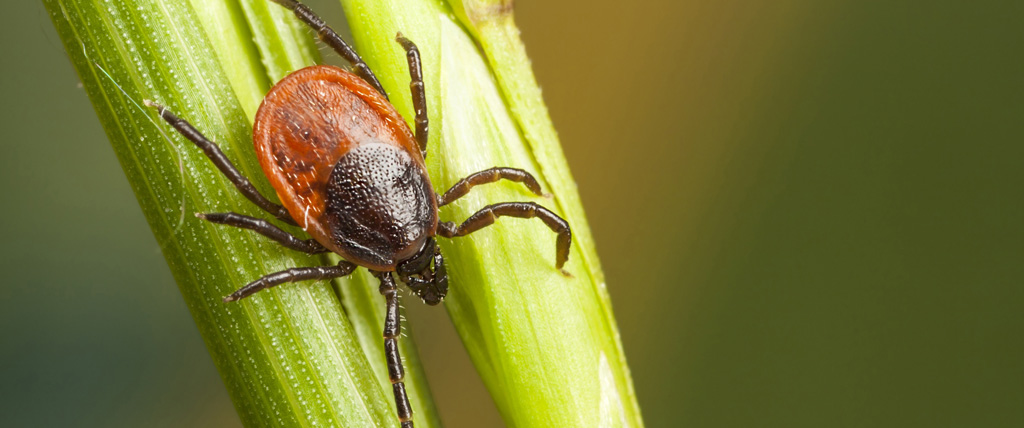What You Need To Know About Ticks and Your Pets
The snow has melted and the grass is getting greener by the day. These are the days we look forward to all winter! These are also the days those pesky ticks look forward to as well.
What is a tick? To the common eye some ticks can be mistaken for a spider. They are, after all, classified in the same family of arachnids. Similar to a spider, adult ticks have four pairs of legs and no antennae. With multiple life stages, ticks are determined to find a host for feeding and continue the blood sucking cycle. That host could be us or our beloved floofins.
There are two groups of ticks, “hard” and “soft” ticks. However, there are over 15 species of ticks in Illinois according to the Illinois Department of Public Health. The good news, only about five of those species are encountered by people. The most common types of ticks include, American Dog Tick, Lone Star Tick, Blacklegged Tick (aka Deer Tick), Brown Dog Tick, and the Winter Tick.
Ticks only have the ability to crawl so don’t worry about a tick flying off a tree branch into your hair. They make their way upwards by climbing to the tips of tall vegetation.
Keeping the area around your home unattractive to ticks is key to tick control. You know the tall grass that grows along your fence line? They love that! Wood piles, shrubs, weeds, and forested areas are also common homes for ticks. Stay in the middle of a trail when walking through a wooded area. After spending time outside it’s important to check your body and your pets for any ticks. The following are favorite areas on our body and our pets ticks seem to love:
- Under the arms
- In and around the ears
- Back of the knees
- In and around the hair (giving your dog a brushing before coming inside is beneficial)
- Between the legs
- Around the waist
If you find a tick it is important to remove the tick immediately. Tweezers are typically used but you have to be careful to pull it straight out. Twisting or jerking can cause the mouth of the tick to break off and remain in the skin. Ouch! A tool specific to tick removal can also be used. When trying to remove a tick from your dog, take caution not to pinch their skin. Ensure your dog is calm and relaxed before attempting removal. The Center for Disease Control and Prevention recommends keeping the removed tick in jar of isopropyl alcohol, labeling the container with the date of removal and contacting your doctor or pet’s veterinarian if any rashes or additional skin irritation occurs. Many ticks carry pathogens that can cause disease if not treated.
Some ticks are only the size of a pin head. Doing our best to repel ticks in the first place is the best way to avoid potential illness. Wearing light colored clothes, tucking your pant legs inside your socks (very fashionable, I know), and using a tick repellent is beneficial. Depending on the outside temperature putting a t-shirt and weather appropriate booties on your dog can be helpful. Natural repellents for your floofins include:
- Rose geranium oil —can be applied to your dog’s collar. Do NOT use on your cat!
- Freshly squeezed orange or lemon juice can be rubbed into your pets fur especially around the ears, legs, and tail.
- Garlic—used as a supplement, the smell excreted through the skin can repel both fleas and ticks. Use sparingly.
- Apple Cider Vinegar—adds some acidity to your dogs blood, making it less appealing to ticks. A tablespoon or two can be added to your dogs food or water bowl.
Of course, always consult your pet’s veterinarian and your doctor for the best ways to repel and treat those pesky ticks.
Other Recent Blog POsts

Celebrating The Original Floofins’ Sweet 16
July 24, 2024
Emergency Planning for Your Home & Pet
July 18, 2024
Beyond the Blurry Phone Pic: Schedule Professional Pet Photos Instead
July 10, 2024
Keeping Chicago Pets Safe on the Fourth of July
July 1, 2024
Why Floofins & Co. Leads the Pack
June 26, 2024

